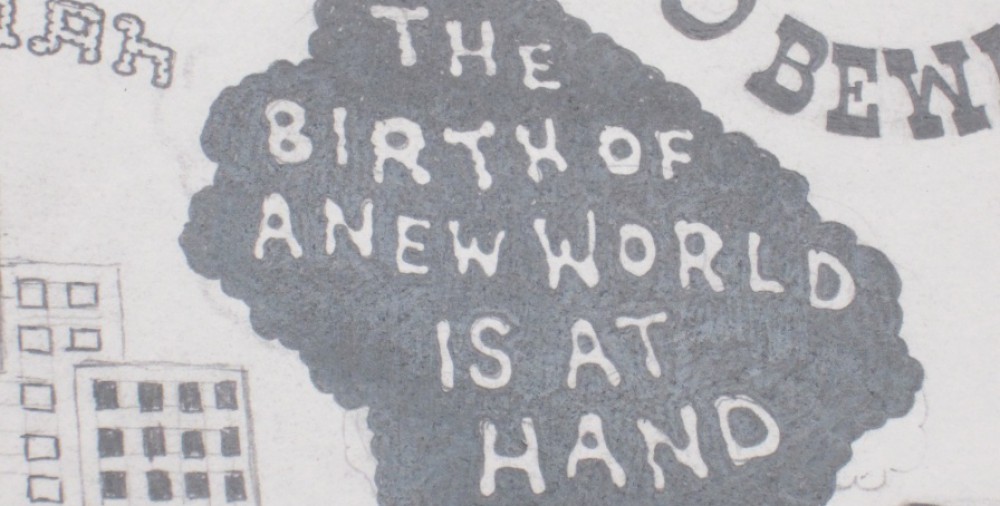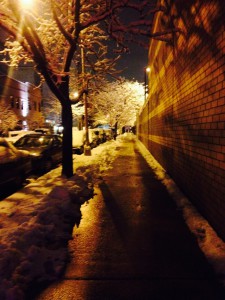This is the first time ever that I read a novel to then watch a film based on the novel. Yes, this even includes Twilight and such ha!
To be honest, I really felt that the film was going to be super boring because it’s based on a novel, and the film was produced in 1998 with no special effects and stuff haha but I was sincerely shocked at how great it was! Yes, there was a lot of missing details that were left out in the film such as several important characters like Helmholtz etc. But I felt that it is important to capture the overall aspect of the novel, specifically the message the author was trying to portray overall instead of focusing on every single detail. So of course, several events and characters did not make it to the film but I think because of these changes it really helped the viewers, like myself, understand and feel what life is like in the World State from the perspective of the characters, rather than focus on the character’s dilemmas.
There are two reasons why I appreciated this version of the movie (although I cannot speak for the other version of the Brave New World film because I have yet to see it). First, I really enjoyed the directors interpretation of the ending of the film. In the novel, it ends at the moment where John decides to commit suicide, however, in the film, it showed the “family” that consisted of Bernard and Lenina and of course, a child. Because of the restrictions that the citizens of the World State endured, the ending brought hope of the chances of citizens to live a “regular” life like individuals. I feel that this decision helped me explore the idea of “what if” such as, what if Linda and John didn’t pass away? What if they remain alive and continue to spread awareness of life in the Reservation? How would things change? If a film builds a lot of questions in the end, I personally believe it is a great film (because people keep talking about it).
Secondly, I LOVE how the ending revealed the young boy who added earplugs in order to distract himself from being conditioned to what the World State wanted. When the scene occurred, I instantly thought about Bernard, which in the novel and film portrays him as the hope of the World State because he is different from the rest. I found it refreshing how this young boy decides to seclude himself from the World State and try to mold what the community wants him to be.
Overall, I really enjoyed this film regardless of the differences it has according to the novel. Yes it is true that perhaps the readers are not too fond of the differences of the novel to the film, but we have to remember that there are so many details that cannot be covered in a two-hour film. Plus, if the film had every-single-detail of the novel, then why would we read the novel in the first place? If all the details are revealed? That is why I believe it is better for a film and novel to be slightly different from one another in order for the consumer to enjoy both pieces.




